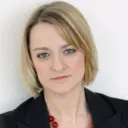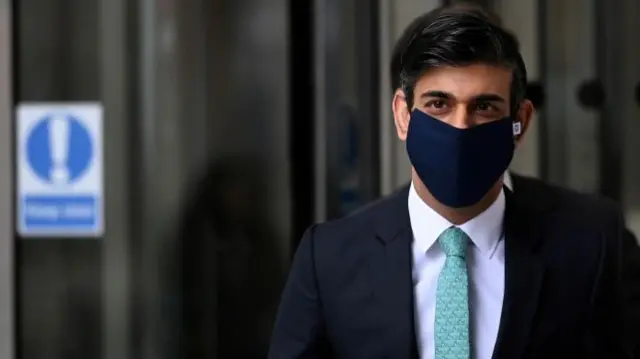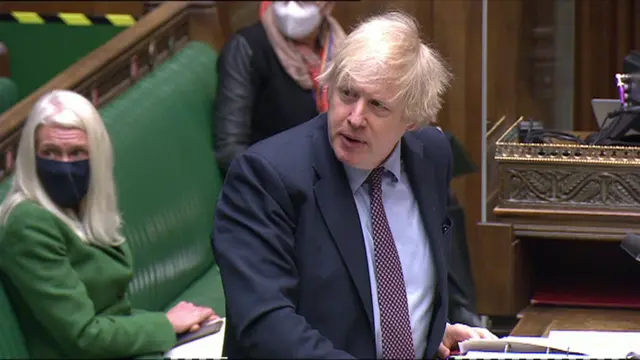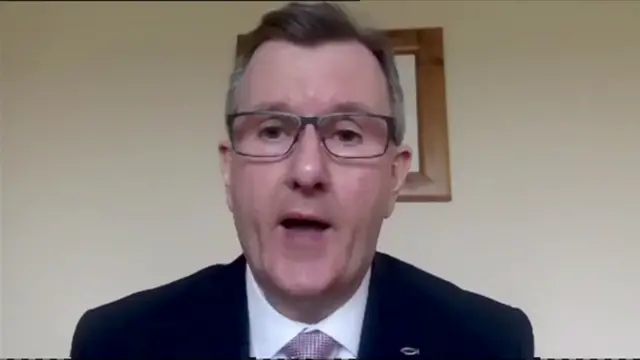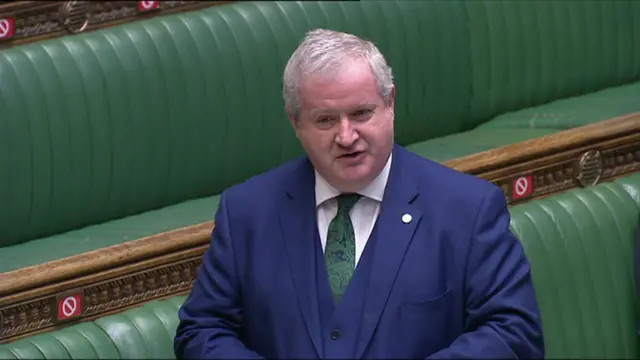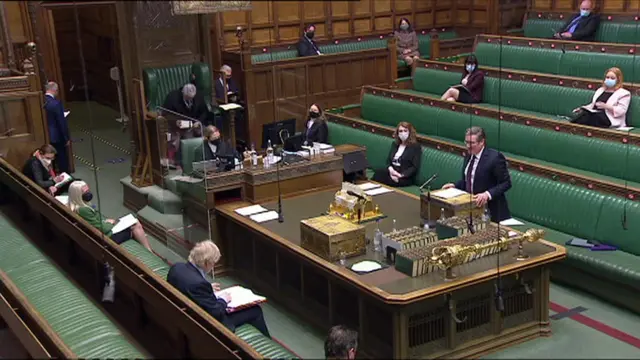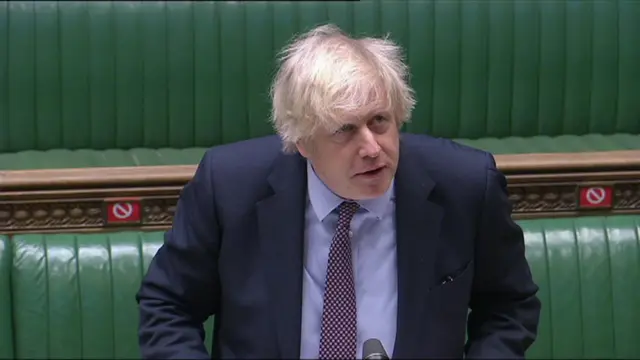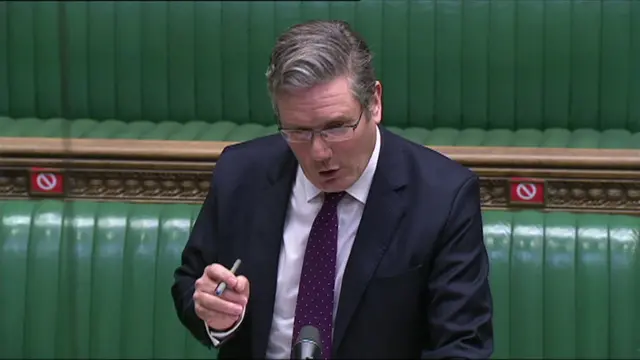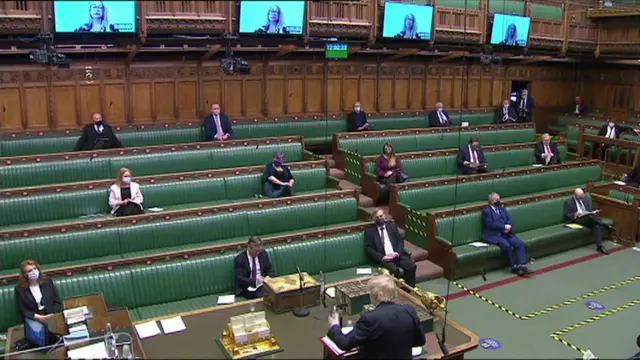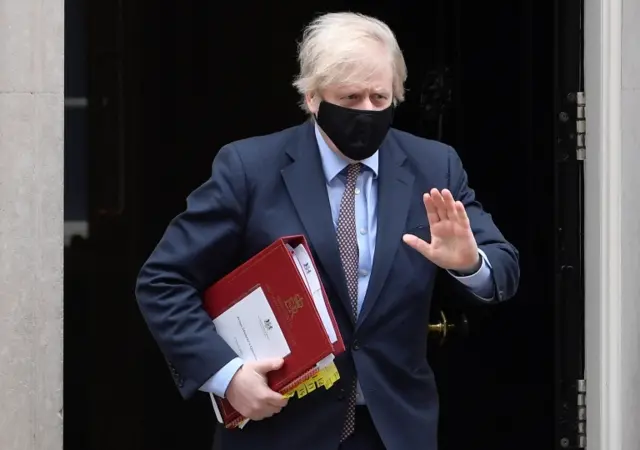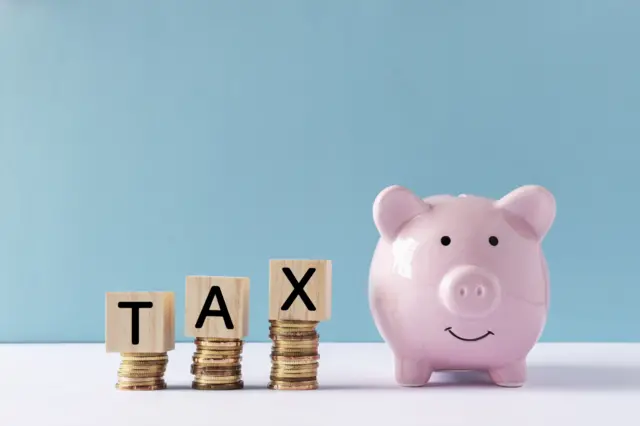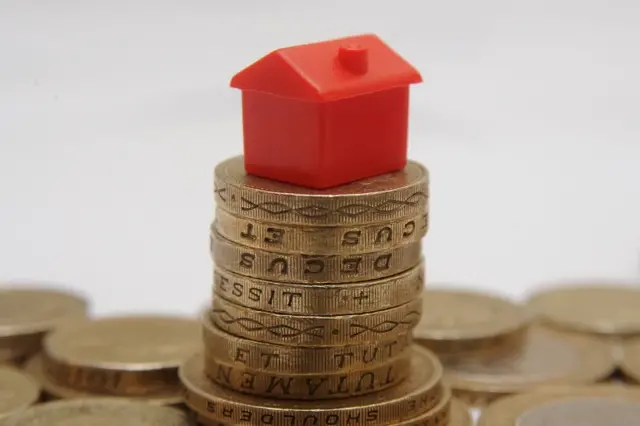Budget key points so far - a quick recappublished at 12:31 GMT 3 March 2021
Some of the announcements due to come in the chancellor's Budget statement have already been released:
- Business support will continue throughout the lockdown in England. The Job Retention Scheme - or furlough - will be extended until the end of September, and cuts to VAT for hospitality businesses are also expected to continue
- High Streets shops and hospitality firms will be able to get a grant from a £5bn fund to help them reopen after lockdown. Grants will be worth up to £18,000 per firm, but some business groups say it isn't enough.
- Arts and culture - An extra £300m will be added to the government's £1.57bn Culture Recovery Fund. Museums and cultural bodies in England will also receive £90m to keep going until they can open their doors. There will also be £18.8m for community cultural projects, and £77m allocated for similar initiatives in the devolved nations.
- Sports including cricket, tennis and horse racing will benefit from a £300m recovery package, and there will be £25m new funding to support grassroots football - enough to build around 700 new pitches across the UK.
- As Covid-19 vaccinations keep rolling out,an extra £1.65bn will be allocated to help the government reach its target of offering a first dose to every adult by 31 July. And some of the money will be used for a trial to see if different vaccine doses can be mixed.
